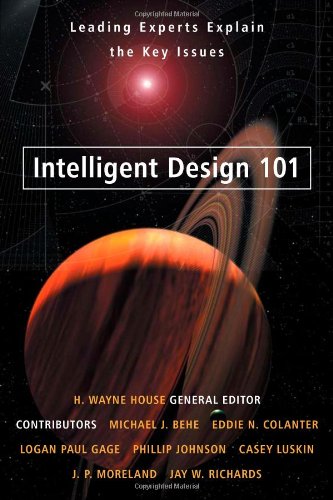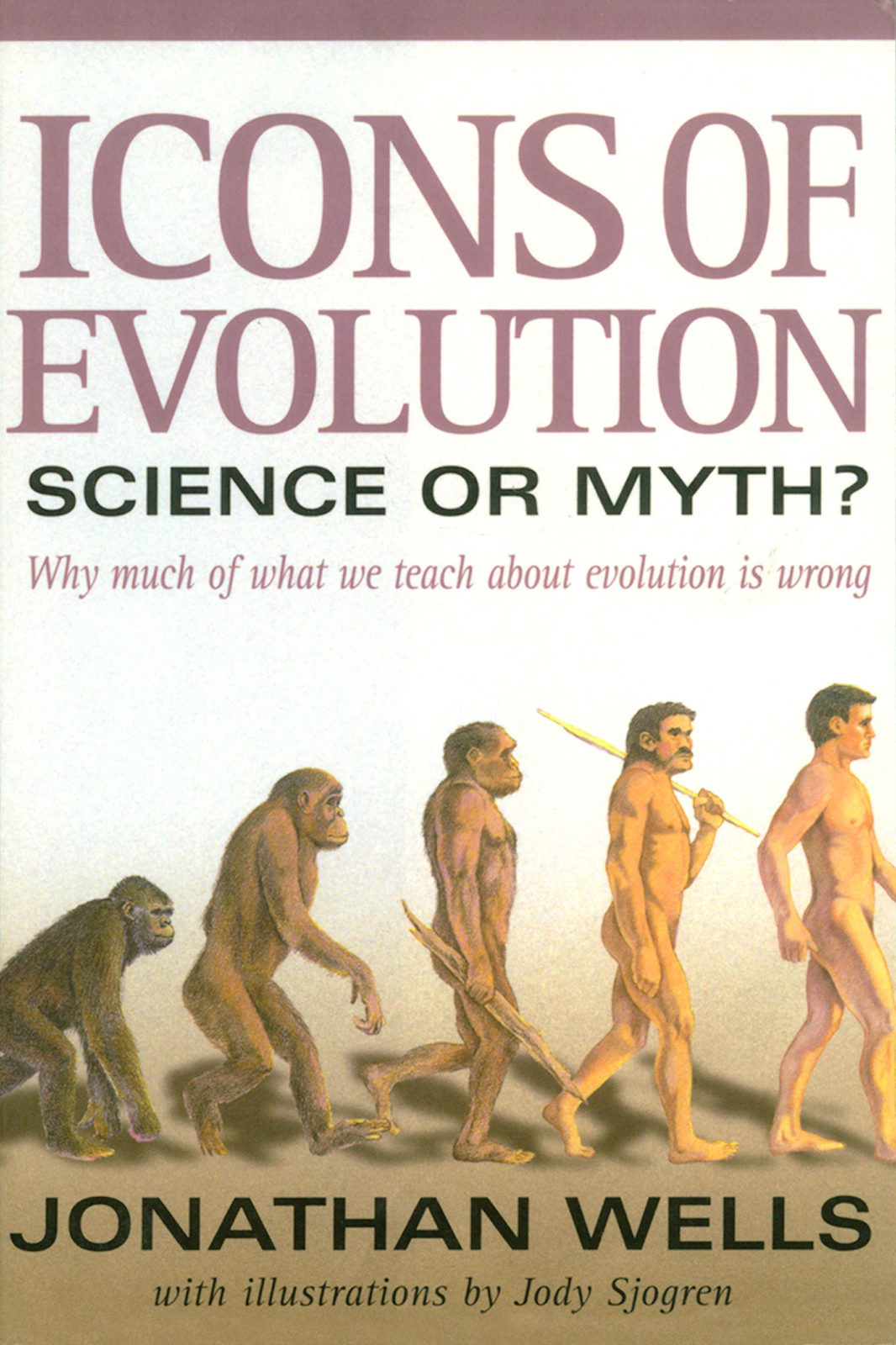


Icons of Evolution
Authored by developmental biologist and Senior Discovery Fellow Jonathan Wells, this book takes aim at 10 common “icons” used to bolster Darwin’s theory in widely used biology textbooks. The “icons” commonly cited to support evolution in textbooks turn out to be scientific urban legends, long-refuted fakes, or misrepresentations of the scientific data. One of the most famous “icons” discussed is Read More ›
